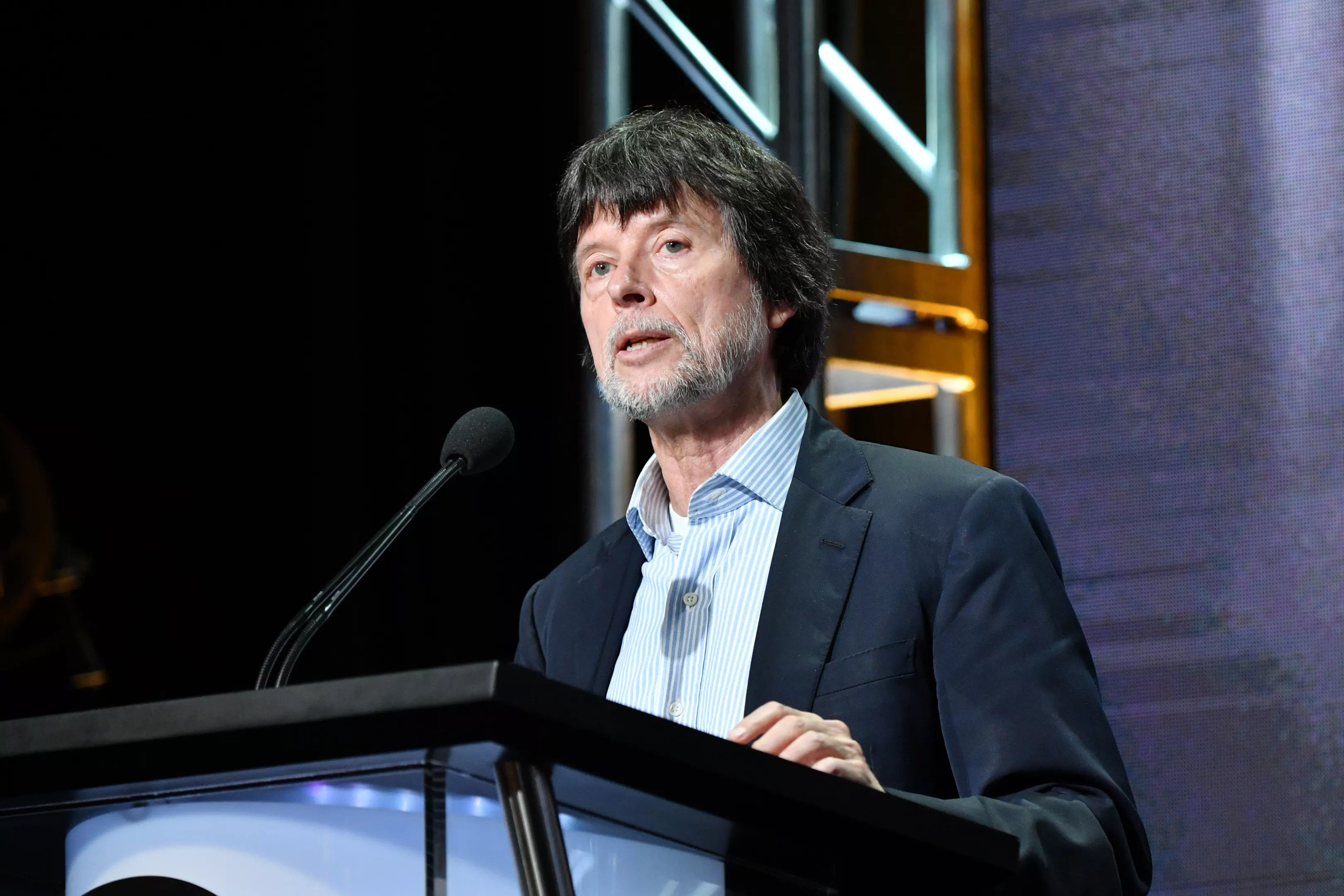
Photo by Amy Sussman/Getty Images

Audio By Carbonatix
Those who have ever watched programming on KERA, PBS, or other public access television stations are likely familiar with the work of Ken Burns. The legendary documentary filmmaker has chronicled various landmark events in American history, including all-encompassing films such as The Civil War and Prohibition, as well as topics as specific as the Statue of Liberty and Ernest Hemingway.
While Burns is known for being a prolific filmmaker, it’s not often that we get to catch the Emmy Award winner in person.
However, on June 3, the Winspear Opera House will host an exclusive screening of Burns’ latest docuseries, The American Revolution, which is scheduled to air on PBS this fall. While Burns has tackled American history as far back as Lewis and Clark and Mark Twain, he has yet to focus on the Revolutionary War or America’s Founding Fathers. It’s not a task that Burns has taken lightly, either. His upcoming Dallas appearance will include a Q&A session with co-director Sarah Botstein, as well as Jane Kamensky, President & CEO of the Thomas Jefferson Foundation, Monticello.
Burns first became a figure of note in 1981, when his feature-length nonfiction film, Brooklyn Bridge, received an Academy Award nomination for Best Documentary Feature. Although these types of fact-based explainers are often mischaracterized as dry, unengaging history lessons, Burns developed a unique style that incorporated archival footage, recreations, era-appropriate music, and a method of camera panning known as the “Rostrum camera.” The Rostrum technique, which allows a filmmaker to move between two subjects seamlessly, has been incorporated into Apple features in iPhoto, iMovie and Final Cut Pro X, where it is widely known as “The Ken Burns Effect.”
Burns’ work has been praised by both historians and cinephiles alike, as he mastered the seemingly impossible task of making documentaries that are both historically educational and cinematically compelling. While Burns’ work on The Vietnam War and The Congress have been incorporated into various secondary education curricula, the opportunity to see his latest effort on the big screen is a rare one, as the Winspear boasts one of the best, immersive screens in the state, and has gradually begun scheduling more film screenings.
“You can’t run away from the past,” Burns once stated. “It’s there as something lived and to be shared.” While Burns’ work has been routinely praised for its depth of coverage, his personal politics have been the subject of debate, as he has made his criticism of the current Presidential administration no secret during any appearances in public forums. Given that this is Burns’ first major scheduled event held in the aftermath of President Trump’s re-election, it’s expected that he may have some choice words for the current regime’s war on truth.
The political significance of Burns’ Dallas event is also tied to PBS, the free-to-air broadcaster that has operated due to public funding since 1970. Although PBS was designed to ensure that all citizens had the right to information, it has come under increasing fire amid the second Trump administration, as the President has issued an executive order to suppress governmental funding for public media like PBS and NPR. Trump’s directives have been tied up in legal disputes, but PBS has nonetheless had to adapt to the modern market.
Nonetheless, The American Revolution is a subject in which the context speaks for itself. Burns often ties his coverage topics to recent events, and the story of anti-authoritarian revolutionaries that resisted a totalitarian military occupation provides stark parallels to modern days.
Burns’ impact on the national discourse will be dependent on his audience’s capacity to listen, but Winspear has certainly taken the first step by providing him with an elevated platform.
Tickets for the Winspear’s screening and conversation about The American Revolution are available now.